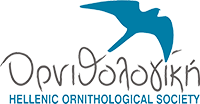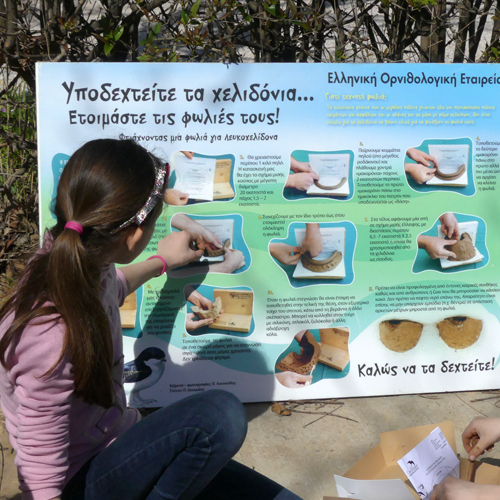LIFE FALKON Project " Fostering the breeding range expansion of central-eastern Mediterranean Lesser Kestrel populations"" (LIFE17 NAT/IT/000586) aims to foster the resilience of the central-eastern European population of lesser kestrel to climate change, by improving the conservation status of Italian and Greek populations breeding at the north-eastern edge of the breeding range.
Natura 2000 sites where the actions of the Project are implemented in Greece:
Ioannina (SCI GR2130005), Lemnos (SPA GR4110006 & SCI GR4110001), Komotini lagoons (SPA GR1130010)
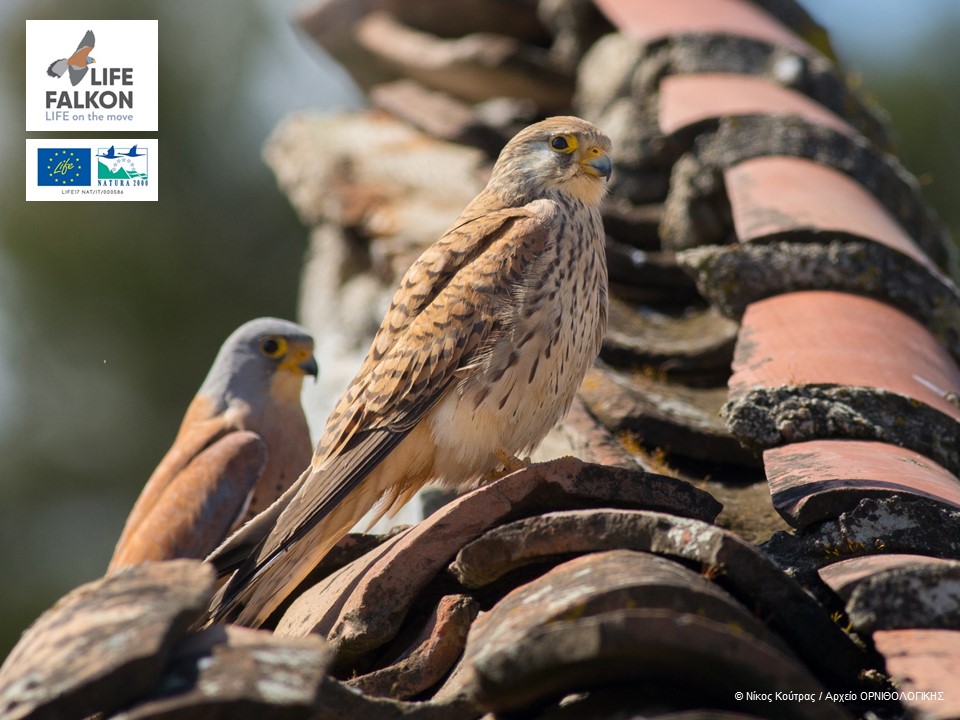
The objectives of the Project are:
- Foster the resilience of the central-eastern European population of Lesser Kestrel to climate change, by improving the conservation status of Italian and Greek populations breeding at the north-eastern edge of the breeding range.
- Improve foraging and nesting habitat quality in farmland areas and Natura 2000 sites (SPAs) where the species breeds in the project areas.
- Establish a collaborative international network to support the implementation of conservation actions, population monitoring programmes and knowledge sharing across the central-eastern Mediterranean region, and foster replicability and transferability of project actions in south-eastern Europe.
- Obtain an accurate assessment of the conservation status of those populations that are considered crucial for the species’ northward breeding expansion.
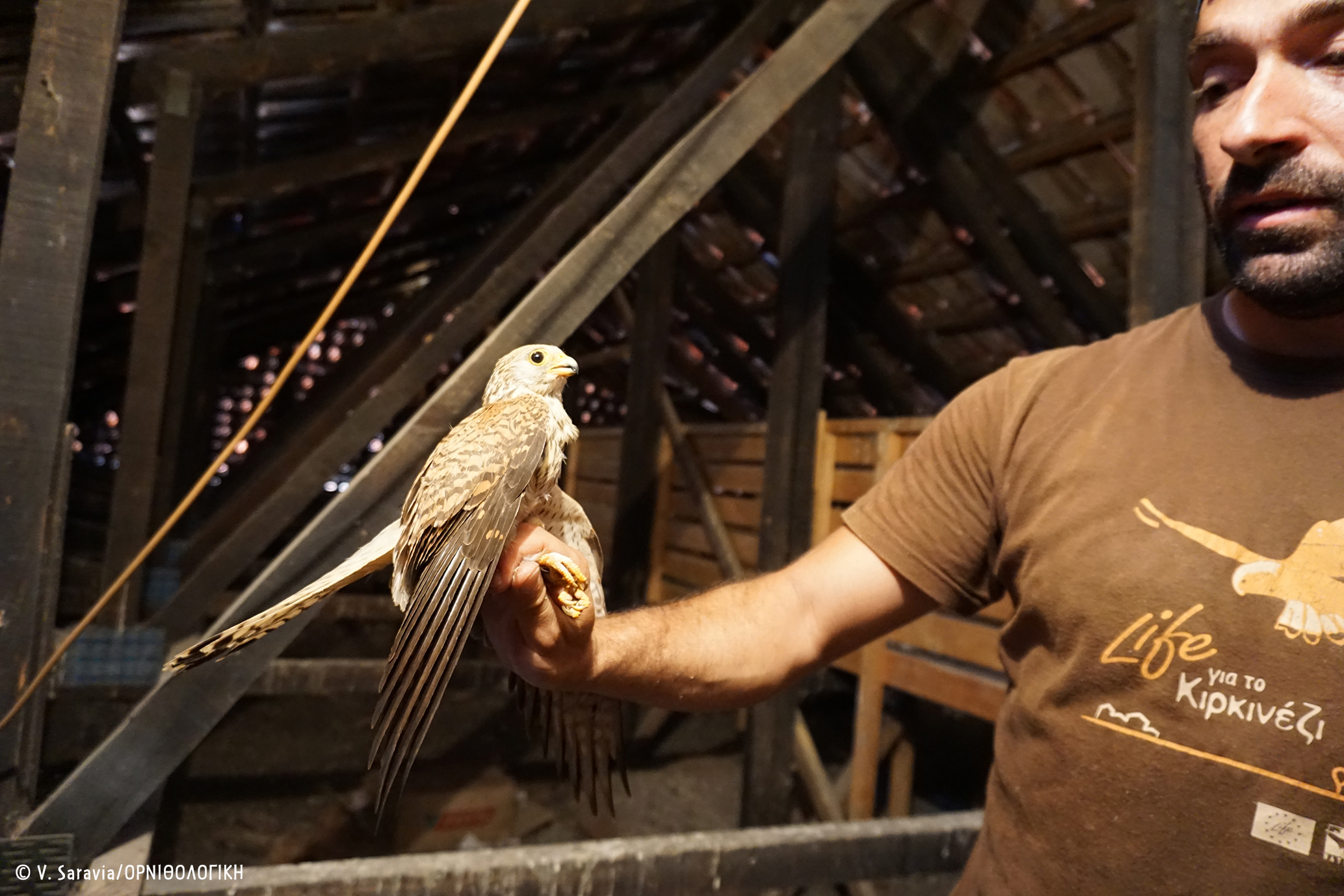
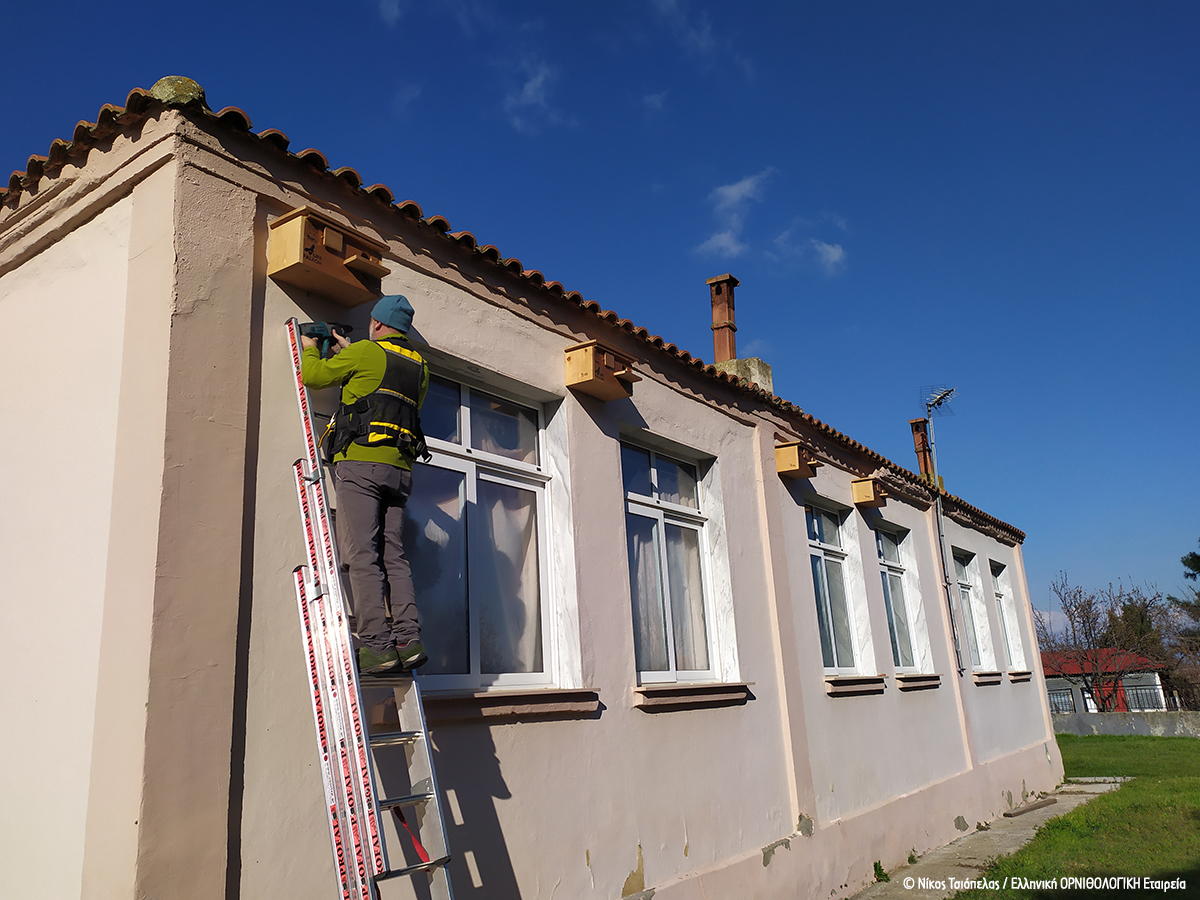
Visit the Project’s international website
www.lifefalkon.eu


Five organizations from three countries join their forces, in the framework of LIFE Falkon Project, to foster the resilience of the population of Lesser Kestrel in its northern range, in order to facilitate the future expansion of the species towards the North. The Project is being implemented in Greece and Italy during the period 2018-2022 with the contribution of the European Union's LIFE financial instrument and is co-funded by the Green Fund and the CARIPLO Foundation. In Greece, the actions of the Project are implemented by the Hellenic Ornithological Society in four Natura 2000 sites in Lemnos, Ioannina and Thrace.

